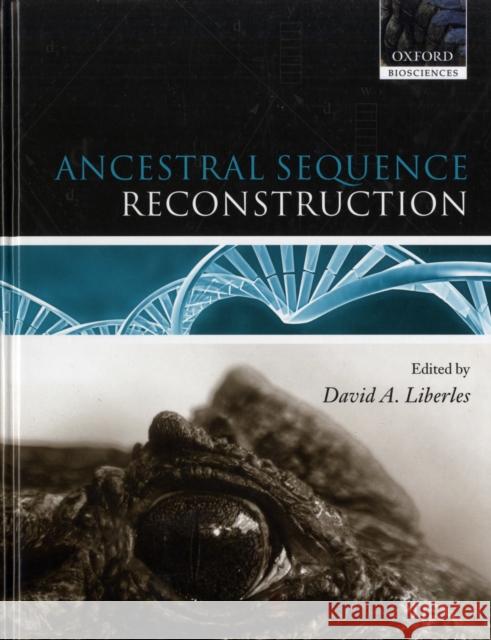Ancestral Sequence Reconstruction » książka
Ancestral Sequence Reconstruction
ISBN-13: 9780199299188 / Angielski / Twarda / 2007 / 272 str.
Ancestral sequence reconstruction is a technique of growing importance in molecular biology and comparative genomics. As a powerful technique for both testing evolutionary and ecological hypotheses as well as uncovering the link between sequence and molecular phenotype, there are potential applications in a number of fields. Beginning with a historical overview of the field including apllications, the discussion then moves into potential applications in drug discovery and the pharmaceutical industry. A section on computational methodology provides a detailed discussion on available methods for reconstructing ancestral sequences, including advantages, disadvantages, and potential pitfalls. Purely computational applications, including whole proteome reconstruction are discussed. Another section provides a detailed discussion on taking computationally reconstructed sequences and synthesizing them in the laboratory, while the last section describes scientific questions where experimental ancestral sequence reconstruction coupled to a computaional and experimental how-to guide, while simultaneously addressing some of the hot topics in the field.











